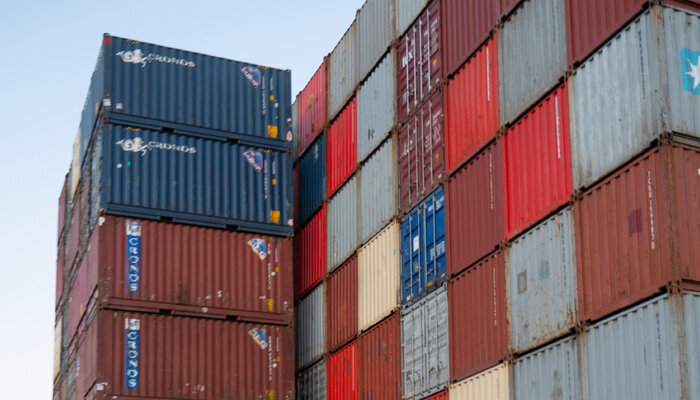“After such a torrid year, and during such a disrupted festive trading season, it’s a huge relief to see negotiations finally strike a deal” Mike Cherry, National Chairman, The Federal of Small Businesses, 24 December 2020.
A quick scroll of social media platforms and a glance of the national press shows that the initial relief of the UK-EU Free Trade Agreement (“FTA”) which the Government hailed as providing exceptional access to the EU’s market has been replaced with frustration and anger by small businesses.
It has been three weeks since the end of the Brexit Transition Period and many businesses, in particular small retailers exporting to the EU, are finding themselves facing a barrage of new rules and regulations which, together with the announcement on January 4th of another National Lockdown across England, has made for a grim New Year.
Of course, it came as no surprise that there would be new rules and regulations around selling goods to EU countries, however, businesses with a smaller pool of resources, have been taken aback by the amount of paperwork and administrative barriers they have faced in the first few weeks of January.
There have been reports that businesses have had to increase prices on the goods they are exporting to cover the costs of the new custom rules and paperwork required. Such businesses are inevitably asking themselves why EU customers would pay more for UK goods when they can pay less from other member states.
Rules of Origin (“RoO”) and VAT are just two challenges UK goods exporters are facing under the FTA.
The RoO have been described as the sting in the tail of the FTA. Goods have to be of UK (or EU) origin in order to benefit under the FTA to ensure that preferential tariffs are only given to goods that originate in the UK (or EU) and not from other third party countries. The rules surrounding RoO can be complex in particular for goods with components that are manufactured from third party countries. Exporters need to check what the RoO requirements are in order to ensure their goods qualify for the preferential treatment under the FTA. The good news is that exporters are permitted to self-certify a statement of origin on goods of a value of less than EUR 6,000. There is also a RoO “easement” during 2021 meaning that businesses exporting to the EU do not have to provide suppliers with RoO declarations for 12 months (although they may have to provide proof retrospectively).
The EU VAT regime has come to an end for the UK and businesses are having to navigate the rules surrounding VAT which may mean obtaining advice from an accountant for those that have, for example, never exported to non-EU countries. UK retailers selling to consumers in the EU may have to register for EU VAT and/or appoint a fiscal representative in the member state(s) they wish to sell. This may prove too cumbersome for some small retailers.
There is anger among small businesses about the lack of support from the Government, so much so that the Federation of Small Businesses is currently in talks with the Government and is requesting some financial assistance in the form of transition vouchers for small grants for businesses to obtain accounting/legal advice or training to get them up to speed with the new regulations and requirements as quickly as possible.
The Government has described the stories and complaints in the press as “teething problems” but the new regulations are here to stay as are the inevitable increase in costs for businesses and it will be interesting to see if these new requirements do become streamlined, as the Government hopes, over the coming months.
We have a dedicated commercial team who would be happy to assist your business in reviewing your commercial terms with consumers and/or businesses in the context of the FTA.




